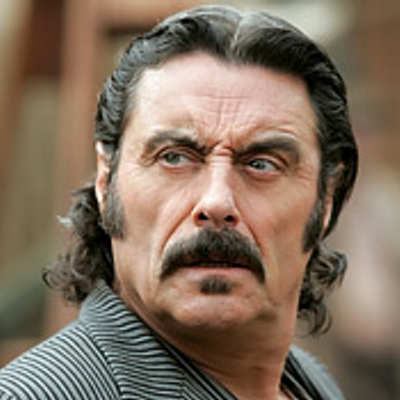Post by Deleted on Apr 9, 2015 9:02:26 GMT -6
Dallas Mavericks owner Mark Cuban joins a growing chorus of those calling for major changes to the rules and strategies of college basketball, which—to his eye—is “uglier than ugly,” relying on a plodding, disjointed style that results in boring games and fails to prepare players for the NBA.
Cuban spoke to ESPN Dallas:
“If they want to keep kids in school and keep them from being pro players, they’re doing it the exact right way by having the 35-second shot clock and having the game look and officiated the way it is,” Cuban said Wednesday night. “Just because kids don’t know how to play a full game of basketball.
“You’ve got three kids passing on the perimeter. With 10 seconds on the shot clock, they try to make something happen and two other kids stand around. They don’t look for anything and then run back on defense, so there’s no transition game because two out of five or three out of five or in some cases four out of five kids aren’t involved in the play.
“It’s uglier than ugly, and it’s evidenced by the scoring going down. When the NBA went through that, we changed things.”
Just like Geno Auriemma, Cuban’s familiar with an alternate form of the sport that he naturally considers superior. But just like Auriemma’s, Cuban’s comments aren’t wrong. The majority of college game are boring and poorly played, and no amount of buzzer-beaters or NBA-caliber one-and-dones can obscure that.
This shouldn’t be seen as piling on, because the NCAA knows it has a problem. In an attempt to increase scoring, the rules committee will meet later this spring to decide on shortening the shot clock to 30 seconds from the current 35. The change has been tried out in the three ancillary postseason tournaments, and has resulted in a few more possession and about four more points per game.
That’s not enough, says ODU coach Jeff Jones, who maintains that further structural alterations are necessary: “If you don’t make any other changes and you change the shot clock, you’re going to get more possessions, but more empty possessions.” Jones supports expanding the restricted area and widening the lane, both to unclog traffic, and extending the three-point arc to discourage teams from just chucking shots from the perimeter.
These all sound welcome, but wouldn’t change the fact that aside from a few power teams, the talent level in the sport just isn’t that high. To some, this is a selling point—amateur sports imply amateurish play—and to be sure, the style and shot clock lend themselves to upsets and to entertainingly bad decision-making. That’s good enough for March, but any sport that’s consumed largely as novelty is a sport that could stand fixing.
Cuban spoke to ESPN Dallas:
“If they want to keep kids in school and keep them from being pro players, they’re doing it the exact right way by having the 35-second shot clock and having the game look and officiated the way it is,” Cuban said Wednesday night. “Just because kids don’t know how to play a full game of basketball.
“You’ve got three kids passing on the perimeter. With 10 seconds on the shot clock, they try to make something happen and two other kids stand around. They don’t look for anything and then run back on defense, so there’s no transition game because two out of five or three out of five or in some cases four out of five kids aren’t involved in the play.
“It’s uglier than ugly, and it’s evidenced by the scoring going down. When the NBA went through that, we changed things.”
Just like Geno Auriemma, Cuban’s familiar with an alternate form of the sport that he naturally considers superior. But just like Auriemma’s, Cuban’s comments aren’t wrong. The majority of college game are boring and poorly played, and no amount of buzzer-beaters or NBA-caliber one-and-dones can obscure that.
This shouldn’t be seen as piling on, because the NCAA knows it has a problem. In an attempt to increase scoring, the rules committee will meet later this spring to decide on shortening the shot clock to 30 seconds from the current 35. The change has been tried out in the three ancillary postseason tournaments, and has resulted in a few more possession and about four more points per game.
That’s not enough, says ODU coach Jeff Jones, who maintains that further structural alterations are necessary: “If you don’t make any other changes and you change the shot clock, you’re going to get more possessions, but more empty possessions.” Jones supports expanding the restricted area and widening the lane, both to unclog traffic, and extending the three-point arc to discourage teams from just chucking shots from the perimeter.
These all sound welcome, but wouldn’t change the fact that aside from a few power teams, the talent level in the sport just isn’t that high. To some, this is a selling point—amateur sports imply amateurish play—and to be sure, the style and shot clock lend themselves to upsets and to entertainingly bad decision-making. That’s good enough for March, but any sport that’s consumed largely as novelty is a sport that could stand fixing.








